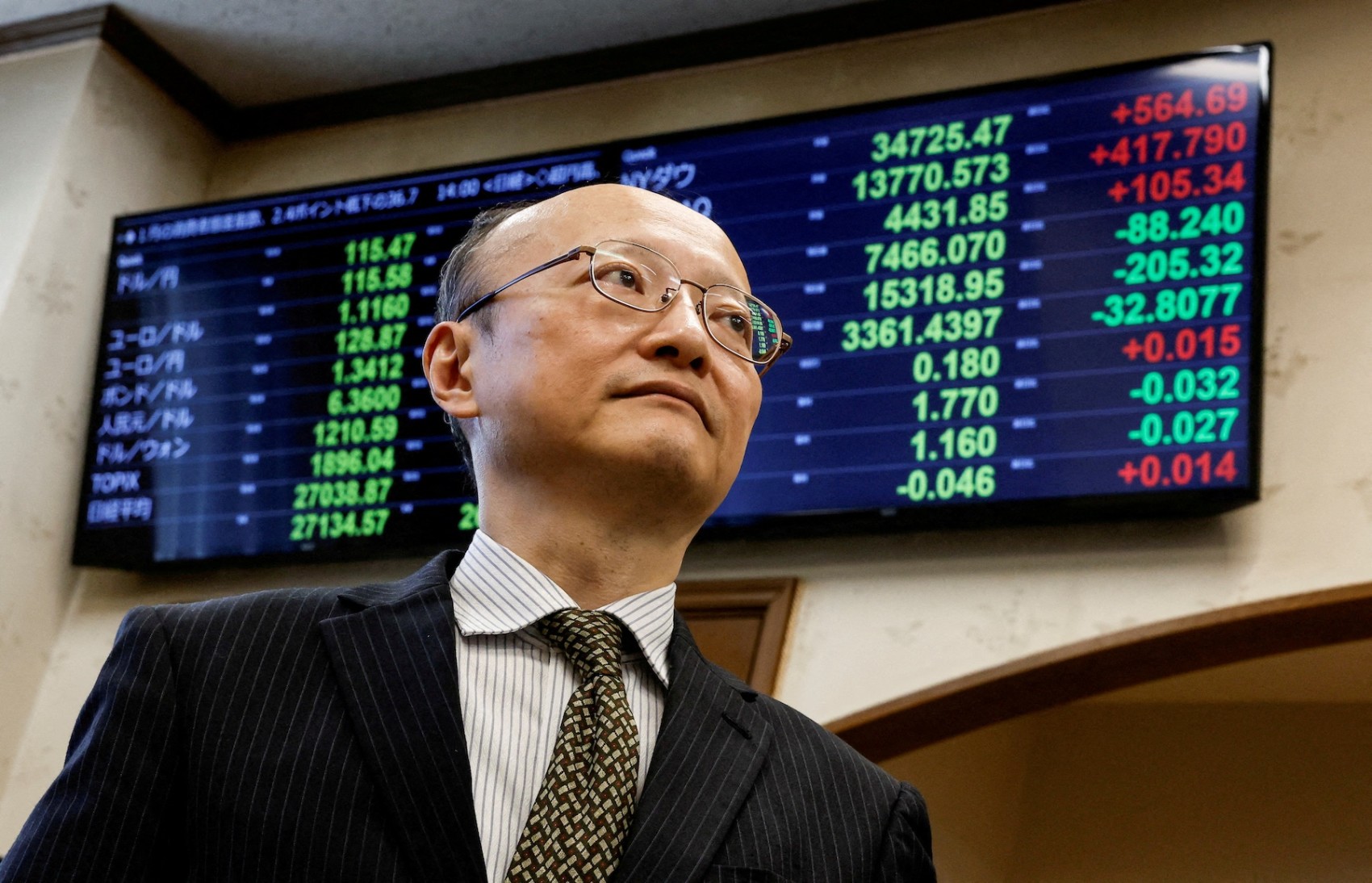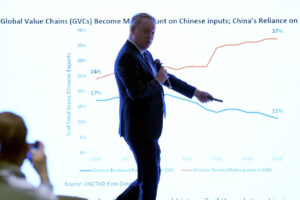Tokyo, 8 May, /AJMEDIA/
Japan will respond appropriately to excessive volatility in the foreign exchange market, its top currency diplomat said Tuesday in a fresh warning against “speculative” and “disorderly” yen moves after market talk of interventions last week.
Masato Kanda, vice finance minister for international affairs, said foreign exchange rates should be stable, reflecting economic fundamentals, a view consistently expressed by Japanese authorities who are concerned about the negative impact of rapid fluctuations on households and businesses.
Still, he remained silent on whether Japan stepped into the market to stem the yen’s sharp drop last week, when the Japanese currency rose sharply on multiple occasions, fueling market views that Japanese authorities conducted yen-buying, dollar-selling operations for the first time since 2022.
“We must take action against disorderly movements, led by speculators and others,” Kanda told reporters. “We will respond appropriately to excessive fluctuations that deviate from fundamentals.”
The yen rebounded sharply after falling beyond 160, a 34-year low versus the U.S. dollar, on April 29. The yen later retreated to the 157 range but again surged to the 151 level following another suspected intervention in New York on Wednesday.
After the series of suspected market interventions estimated by market sources to be worth over 8 trillion yen ($52 billion), the yen was trading in the 154 territory on Tuesday in Tokyo.
Unlike in September 2022, when Japan announced its foray into the market immediately after taking action, it has not confirmed whether or not it intervened in the market this time around, in an apparent bid to leave traders cautious about making bold moves.
Asked about the difference in response, Kanda said the September 2022 announcement was an “exception,” given that the government had carried out its first intervention in a quarter century.
The Bank of Japan raised interest rates in March for the first time in 17 years but is still behind its global peers, including the U.S. Federal Reserve, which has aggressively tightened policy to curb inflation. The interest rate gap has made the yen less appealing, prompting intense selling of the currency.









































